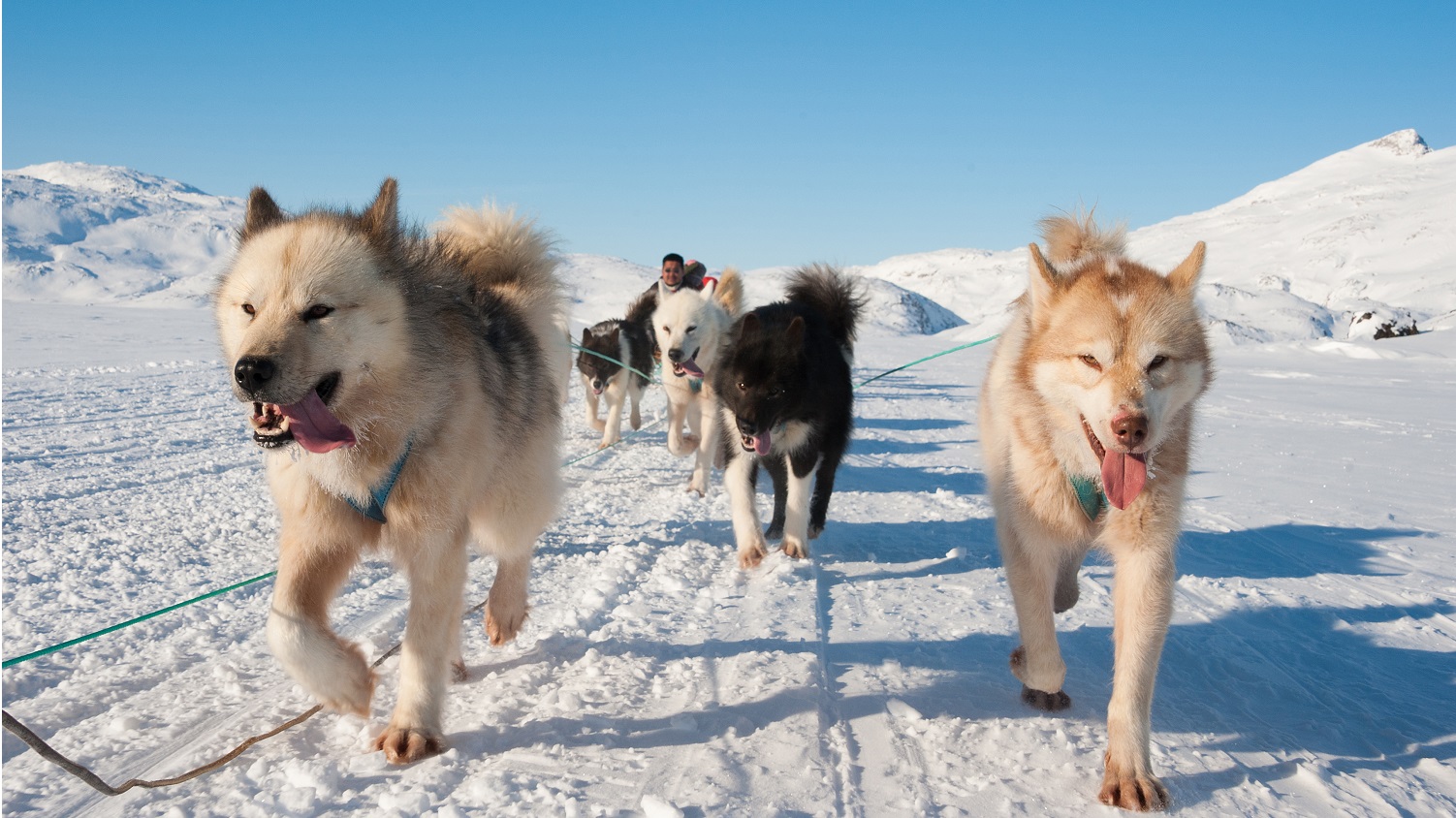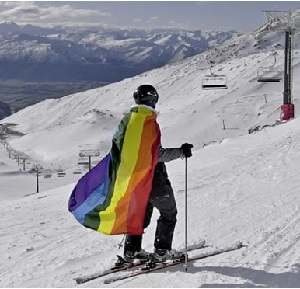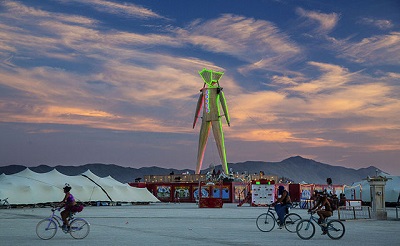PRTM Hosts Timely Seminar on Transformative Tourism

NC State’s Department of Parks, Recreation and Tourism Management (PRTM) hosted the first seminar of 2022 on February 25th featuring Joelle Soulard, assistant professor in the Department of Recreation, Sport and Tourism at the University of Illinois at Urbana-Champaign.
Hosted by Whitney Knollenberg, assistant professor in PRTM, the seminar opened with a discussion on defining transformative tourism and why we should care about it.
“Transformative tourism focuses on pushing travelers out of their comfort zone, encouraging tolerant worldviews and promoting cross-cultural understanding and social empowerment,” explained Soulard. She also introduced transformative learning theory as defined by Chad Hoggan, an associate professor at NC State’s College of Education and co-editor of the Journal of Transformative Education.
According to Hoggan, transformative learning theory refers to “learning processes that result in significant and irreversible changes in the way a person experiences, conceptualizes, and interacts with the world.”
Examples include study abroad programs in which students see and experience other parts of the world where they do not know the language or the history of a city or country; service projects in which volunteers work to repair and replace homes for low-income families; as well as leisure and wellness experiences designed for reflection and relaxation and learning new skills.
A rapidly growing area in transformative tourism involves the travel industry’s reckoning with race and inclusion. More tours are being created to educate guests on the unknown history of landmarks and preserved structures and tour guides are trained to share more facts and stories that were previously not included in brochures, plaques and guide talks.
Soulard highlighted an annual event in New Zealand called Gay Ski Week. Heralded as the Southern Hemisphere’s largest Gay Winter Festival, the event attracts gay men and women around the world to Queenstown, New Zealand for the week-long alpine event filled with socializing, skiing, dining, adventure, live music and snow.
“Gay Ski Week offers a travel experience that embraces individuals and provides them the freedom to experience leisure among a supportive community.” said Soulard. “This event is transformational because attendees may be coming from countries where they do not feel accepted or safe to be themselves.”

Soulard also discussed the concept of regenerative travel which aims to restore the harm already done to the natural world. “Leaving no trace behind is not enough,” explained Soulard, “regenerative travel aims to change our perceptions of the land, connecting the soil to a sense of place and history with the goal of motivating us to have the least possible impact on a destination.”
Yu-Fai Leung, professor and graduate program director in PRTM, agreed. Leung studies visitor use and protected areas throughout his career. His research currently focuses on Antarctica and gaining a better understanding of Antarctic tourists, their experience and outcomes, their compliance with visitor site guidelines, and their impacts on the Antarctic environment and wildlife.
“My trips to the Antarctic Peninsula had a profound change on me,” said Leung, “As a result, I am taking a more holistic view on how to maximize the net positive impacts of tourism and recreation on conservation, not only by minimizing negative effects but by increasing positive contributions to conservation through direct participation. Examples include citizen monitoring/science, and pro-environment outcomes such as attitude and behavior change.”
Soulard also referenced the Burning Man Festival held each year in Nevada’s Black Rock Desert to create “Black Rock City,” a temporary metropolis dedicated to community, art, self-expression, and self-reliance. A colleague of Soulard attended the festival during the #MeToo movement and claimed the experience gave them a sense of self-actualization, independence and more positive feelings about their body.
Such outcomes from travel and tourism support transformative learning theory developed by Jack Mezirow in which people engage in critical reflection on their experiences, which in turn leads to a perspective transformation. Simply stated, the only way to change a person’s impression is to put them in a situation where they don’t know what to do. Typical reactions include culture shock, personal reflection and humility.

Soulard stressed her contention that designing transformative tourism can bring about positive change in societies through critical thinking and optimism. A timely example includes training tour guides who specialize in war and conflict and lead guided experiences to both educate and motivate people for positive change.
Soulard is dedicated to conducting research that is actionable, inclusive, and offers creative solutions to challenges encountered by community members and travelers at destinations. She completed her Ph.D. in the Hospitality and Tourism Management program at Virginia Tech and her research on transformative travel and external activism was recently published in the Journal of Sustainable Tourism. Soulard is also a leader for the Travel and Tourism Research Association.